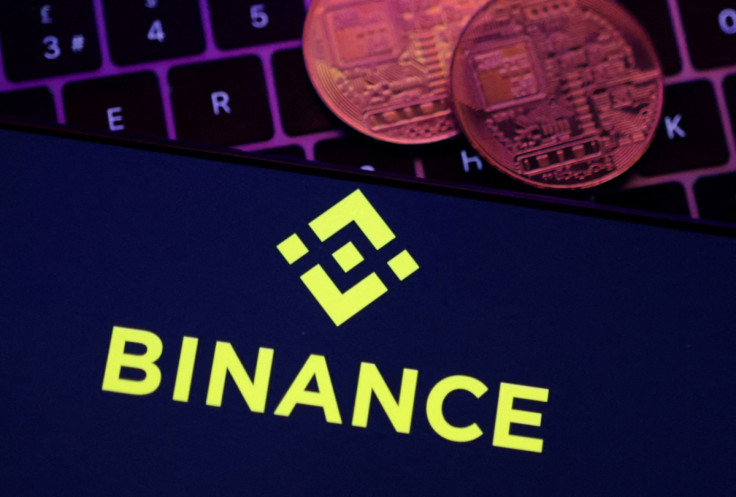Binance.US Admits SEC's Request Would Have 'Effectively Shuttered' The Exchange
KEY POINTS
- The SEC filed 13 charges against Binance.US and other affiliated businesses, including its CEO, on June 5
- A few days later, the SEC filed a motion asking the court to freeze the assets of Binance.US.
- The judge had ordered both parties to reach a compromise agreement
Binance.US admitted that the asset freeze requested by the U.S. Securities and Exchange Commission (SEC) after it filed a lawsuit against the exchange would have "effectively" shuttered" its operations in the country, but it avoided the freeze order in exchange for a slew of restrictions.
The U.S. arm of the world's largest centralized cryptocurrency exchange by trading volume was able to steer clear from an asset freeze that would have shut down its entire operations in the country since it would have made it almost impossible for the company to conduct its business.
"The SEC's request would have effectively shuttered our business, which is consistent with the agency's continued attempts to kill the crypto industry by any means, even by making allegations that are not supported by the facts," Binance.US said in a tweet, updating the community about the ongoing legal battle with the financial regulator.
"This fight has damaged our business and our reputation but not our fighting spirit or our resolve to defend ourselves against unwarranted charges and 'regulation by enforcement' tactics that do not belong in our system of justice," the exchange said while assuring the crypto community that it will continue to"defend ourselves in court."
We want to provide an update on the current battle https://t.co/AZwoBOh0gq finds itself in with the SEC. We are pleased to inform you that the Court did not grant the SEC’s request for a TRO and freeze of assets on our platform which was clearly unjustified by both the facts and…
— Binance.US 🇺🇸 (@BinanceUS) June 17, 2023
The statement came a few hours after a federal judge approved a temporary agreement between the U.S. SEC and Binance along with its U.S. affiliate, ordering Binance.US to make sure only local employees can access customer funds amid the ongoing legal battle.
The deal was signed by Judge Amy Berman Jackson of the District Court for the District of Columbia early Saturday, who instructed both parties to start proposing timelines for the lawsuit.
Under the consent order, Binance.US agreed to ensure that its parent company Binance Holdings and CEO Changpencg Zhao (CZ) will not have access to any funds aside from agreeing to repatriate assets held for domestic customers and making sure that they are under the control of domestic personnel only.
The agreed deal also ordered that "within 14 days of entry of the Consent Order, BAM Trading and BAM Management will begin to establish new wallets, and Stipulating Defendants will begin to transfer all Customer Crypto Assets to the new wallets with new private and administrative keys."
Unfortunately, the SEC did not reveal the amount to be repatriated, but Gurbir S. Grewal, director of the enforcement division, said that "given that Changpeng Zhao and Binance have control of the platforms' customers' assets and have been able to commingle customer assets or divert customer assets as they please, as we have alleged, these prohibitions are essential to protecting investor assets."
The SEC filed 13 charges against Binance.US and other affiliated businesses, including its CEO Zhao on June 5. A few days after, the SEC filed a motion asking the court to freeze the assets of Binance.US.
The judge ordered both parties to reach a compromise agreement, the product of which is the latest consent order.

© Copyright IBTimes 2024. All rights reserved.






















